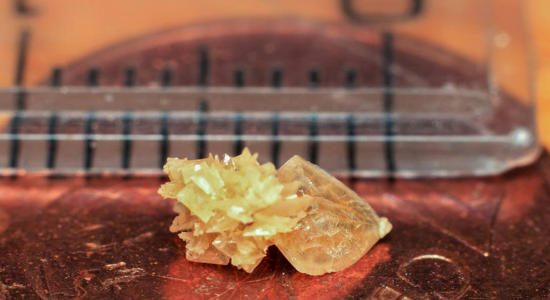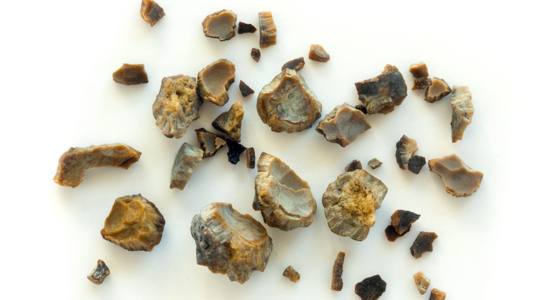Kidney Stone Treatment in Bathinda: A Comprehensive Guide
Kidney stones are a common health issue that can cause significant discomfort and complications if not treated promptly. In Bathinda, advanced medical facilities and experienced healthcare professionals offer various treatment options to address kidney stones effectively. This comprehensive guide delves into the causes, symptoms, diagnosis, and treatment of kidney stones, with a focus on the services available in Bathinda.

Understanding Kidney Stones
Kidney stones are hard deposits made of minerals and salts that form inside the kidneys. They can vary in size and may cause severe pain when passing through the urinary tract. The primary types of kidney stones include:
- Calcium Stones: The most common type, often formed from calcium oxalate.

- Struvite Stones: Typically associated with urinary tract infections.

- Uric Acid Stones: Often linked to a high-protein diet or gout.

- Cystine Stones: Resulting from a hereditary disorder that causes the kidneys to excrete excessive amounts of certain amino acids.

Causes of Kidney Stones
Several factors can contribute to the formation of kidney stones, including:
- Dehydration: Insufficient fluid intake can concentrate urine, leading to stone formation.
- Diet: High consumption of oxalate-rich foods, sodium, and animal proteins can increase the risk.
- Genetics: A family history of kidney stones may predispose individuals to develop them.
- Medical Conditions: Conditions such as obesity, digestive diseases, and certain surgical procedures can increase the risk.
- Medications: Some medications, such as diuretics and calcium-based antacids, can contribute to stone formation.
Symptoms of Kidney Stones

Several factors can contribute to the formation of kidney stones, including:
- Dehydration: Insufficient fluid intake can concentrate urine, leading to stone formation.
- Diet: High consumption of oxalate-rich foods, sodium, and animal proteins can increase the risk.
- Genetics: A family history of kidney stones may predispose individuals to develop them.
- Medical Conditions: Conditions such as obesity, digestive diseases, and certain surgical procedures can increase the risk.
- Medications: Some medications, such as diuretics and calcium-based antacids, can contribute to stone formation.
Diagnosis of Kidney Stones
Accurate diagnosis is essential for effective kidney stone treatment in Bathinda. Healthcare providers may use several diagnostic methods, including:
- Imaging Tests: X-rays, CT scans, and ultrasounds can detect the size, shape, and location of kidney stones.
- Urine Tests: Analyzing urine samples can help identify the substances that form stones.
- Blood Tests: These tests can reveal high levels of certain minerals that contribute to stone formation.
- Stone Analysis: If a stone is passed, it can be analyzed to determine its composition.
Conclusion
Kidney stones are a painful and potentially serious condition that requires prompt and effective treatment. In Bathinda, patients have access to a range of advanced treatment options and experienced healthcare providers who can offer comprehensive care. From medical management and non-invasive procedures to minimally invasive surgeries, Bathinda’s healthcare facilities are equipped to handle all types of kidney stones.